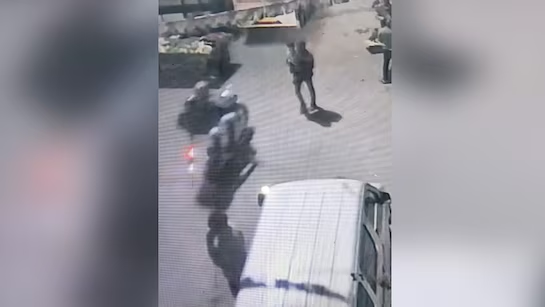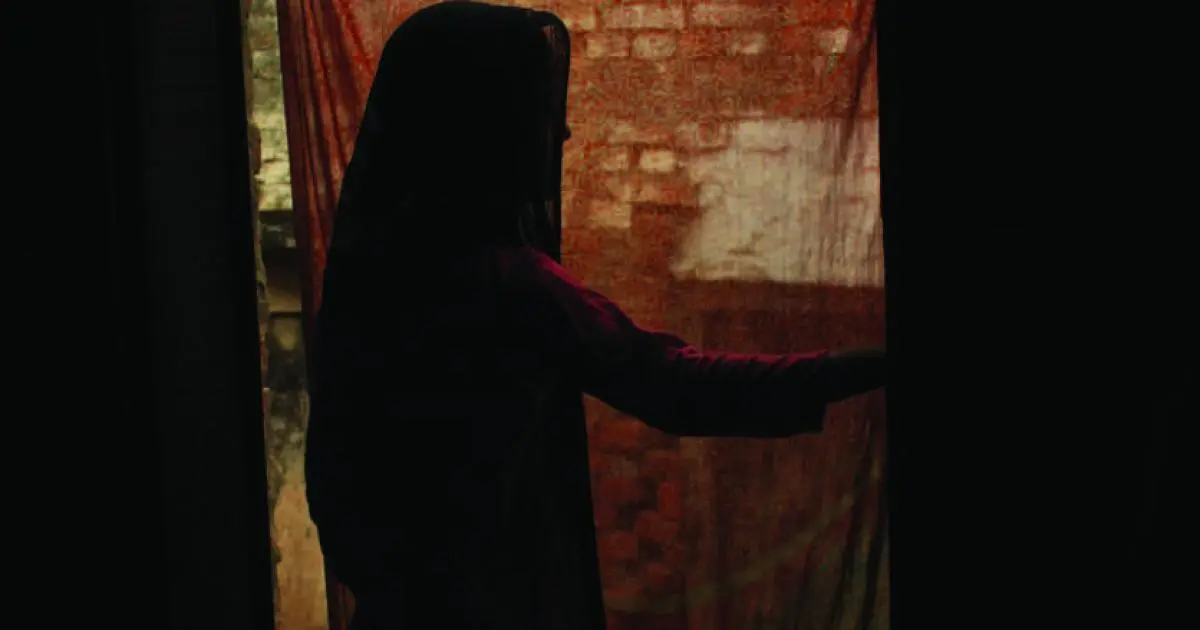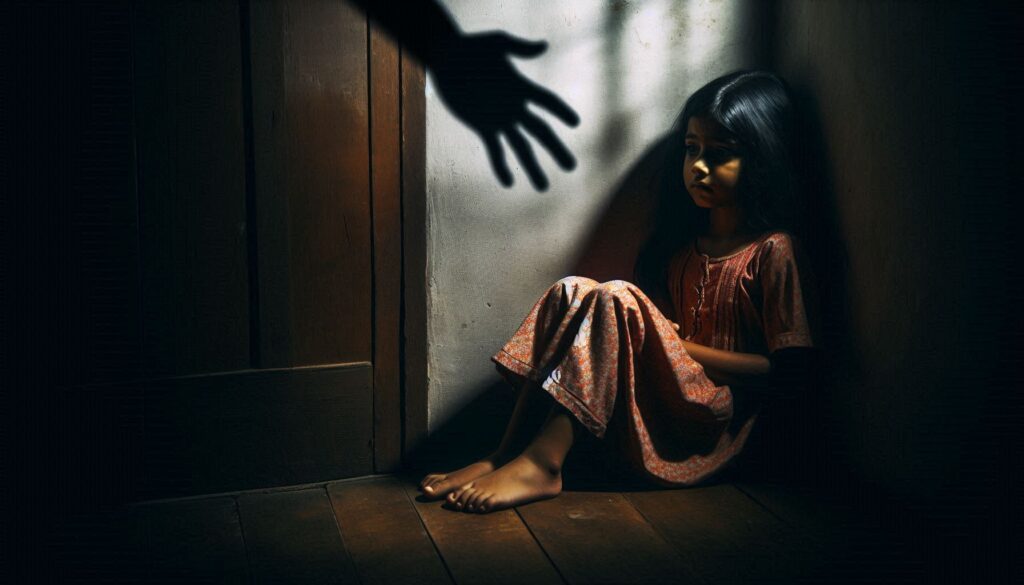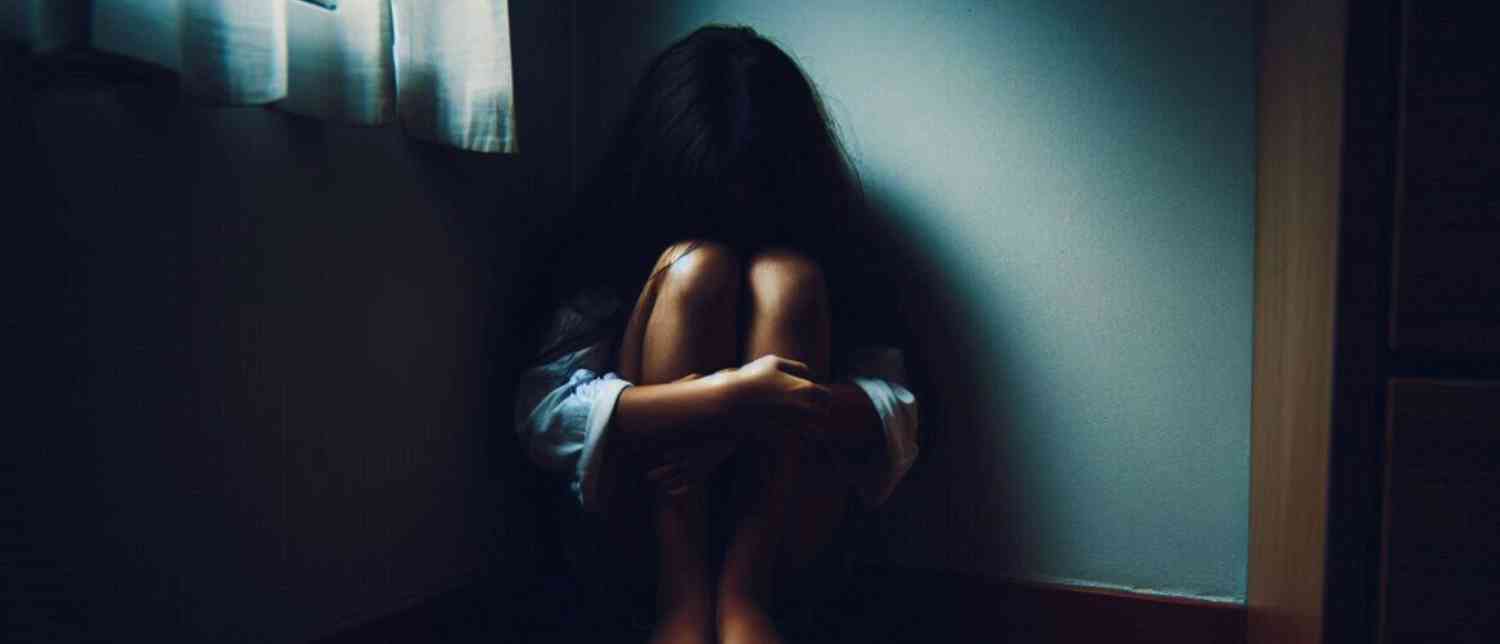A disturbing crime has shaken the capital: a three-year-old girl was kidnapped, forced into a sham “marriage,” and sexually assaulted in Delhi. Police confirmed on Tuesday that four people have been arrested in connection with the case, while investigations are still underway.
According to officials, the child was abducted from a slum area in northwest Delhi late last week. The kidnappers allegedly staged a so-called marriage ceremony with an older man and later subjected her to sexual abuse. The crime was discovered after the child’s parents reported her missing and police intensified their search. The girl is now under medical care and receiving treatment. Doctors have described her condition as “serious but stable.”

Delhi Police stated that after the missing complaint was filed, dedicated search teams worked day and night until they found the child. CCTV footage and local eyewitnesses played a major role in tracing the accused. Four people—two men and two women—have been taken into custody, and charges under kidnapping, rape, and child marriage prevention laws are being applied.
Senior officers said the case is being handled with the “highest priority” and fast-track trial is being recommended. “This is a horrific and shocking incident. No child deserves such cruelty. We will ensure swift justice,” a senior police spokesperson said.
This case has sparked anger and sadness across social media and in local communities. Many citizens are asking how such an incident could happen in the heart of India’s capital. Child rights activists point out that while laws exist against child marriage and sexual crimes, enforcement often fails.
India has strict laws under the POCSO Act (Protection of Children from Sexual Offences) and the Prohibition of Child Marriage Act, but the effectiveness depends on community awareness and timely reporting. According to the National Crime Records Bureau (NCRB), cases of child sexual abuse have continued to rise in the last five years, with Delhi often topping the list in reported incidents.

Experts believe that poverty, lack of education, and weak surveillance in vulnerable areas create an environment where such crimes can take place. Activists say this is not just a law enforcement issue but also a matter of social awareness and prevention.
On the streets and online, people expressed outrage and grief. Many demanded stricter punishment for offenders, even calling for capital punishment. Others stressed that society must look beyond punishment and work toward preventing such crimes in the first place.
Some parents say they now fear leaving their children alone, even in supposedly safe neighborhoods. NGOs working in Delhi’s slum areas stressed the need for child protection committees at the community level, where people can keep track of children’s safety and quickly alert authorities if anything suspicious happens.
While the arrests bring some relief, this case raises bigger questions: How can India safeguard its children from abuse? Stronger policing, better use of CCTV networks, mandatory community checks, and awareness drives on child rights are being suggested by experts.

Legal experts also say that while fast-track courts exist, there are still delays in delivering justice. Many child victims end up suffering long after the crimes due to extended legal processes and lack of adequate psychological support.
Ultimately, society is reminded once again that ensuring the safety of children is not the task of police alone—it is the duty of families, schools, communities, and lawmakers together.
The little girl in Delhi is now receiving medical and emotional support. Her case is not only a tragedy but also a wake-up call for Delhi and the nation. Everyone agrees on one thing: children must be safe, free, and allowed to grow without fear.
With inputs from agencies
Image Source: Multiple agencies
© Copyright 2025. All Rights Reserved. Powered by Vygr Media.






















